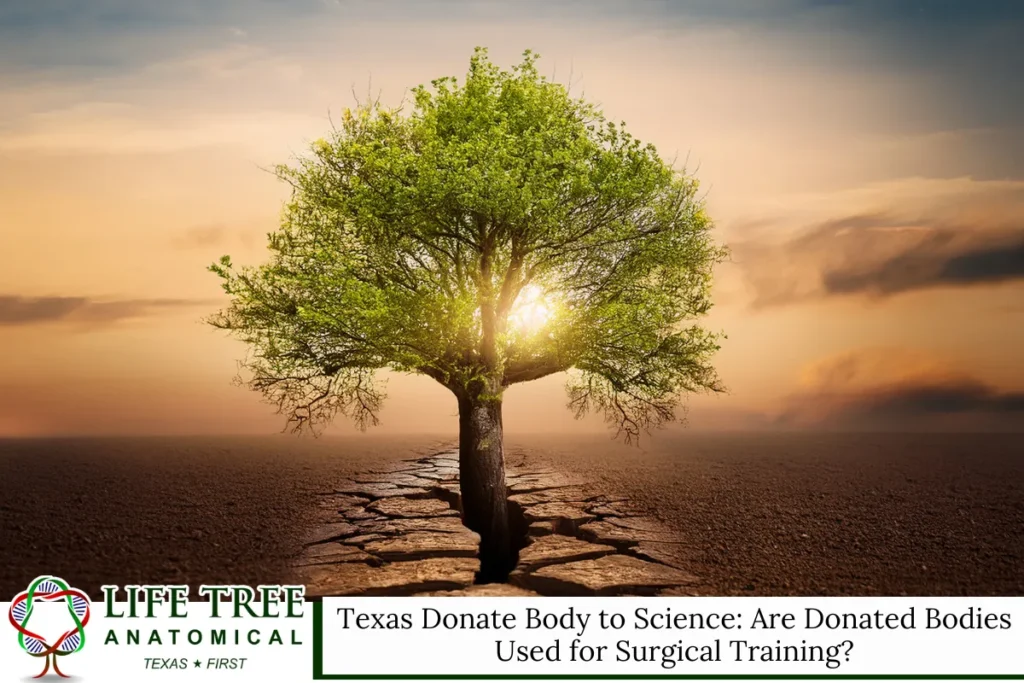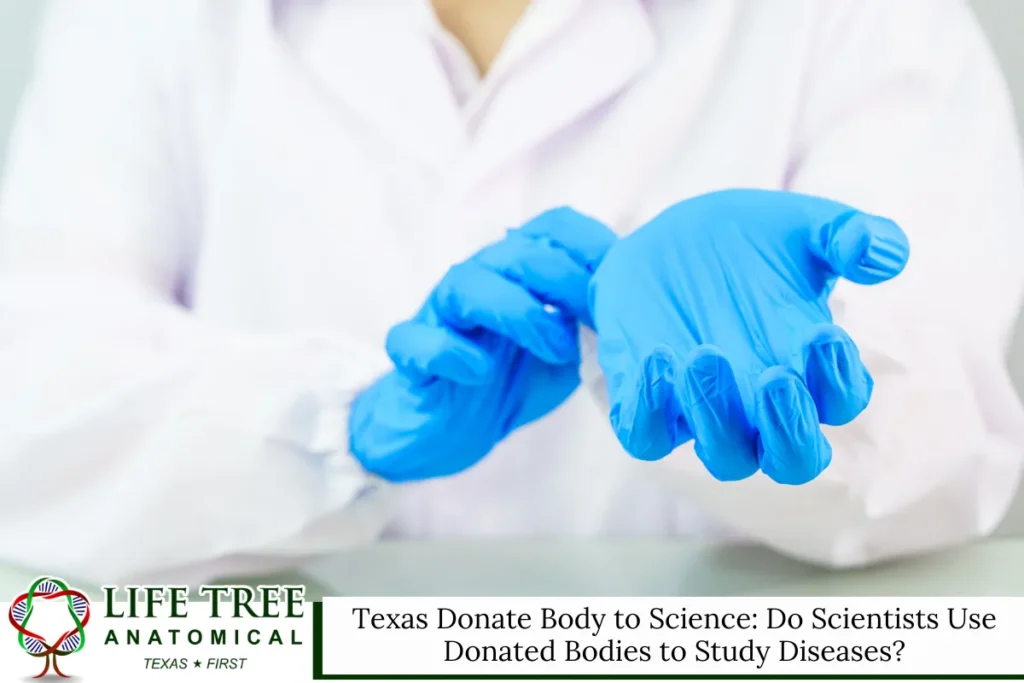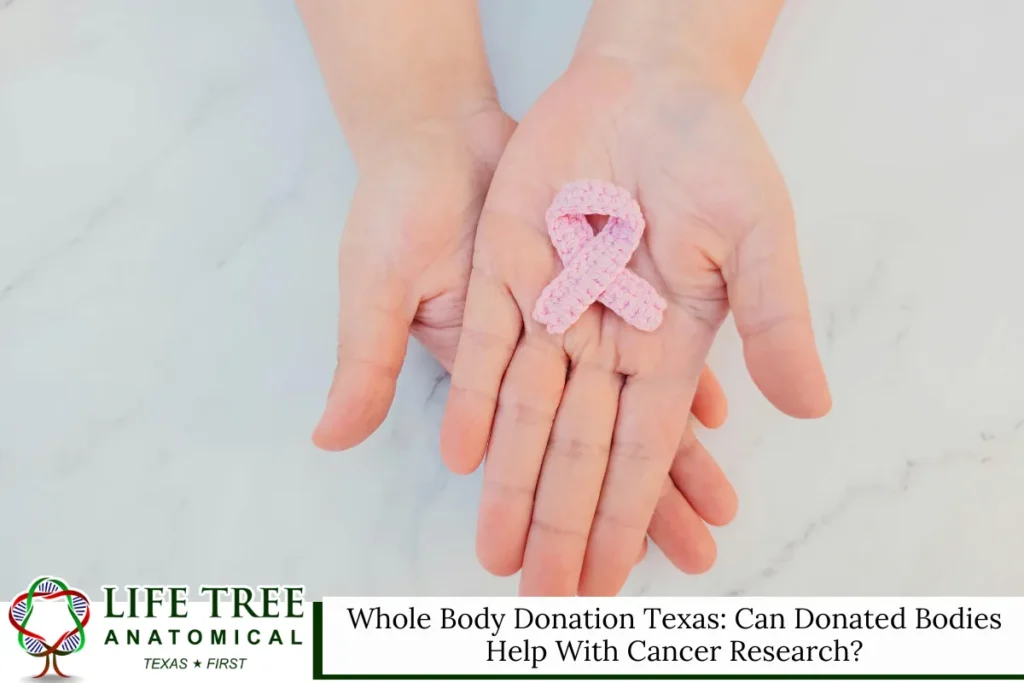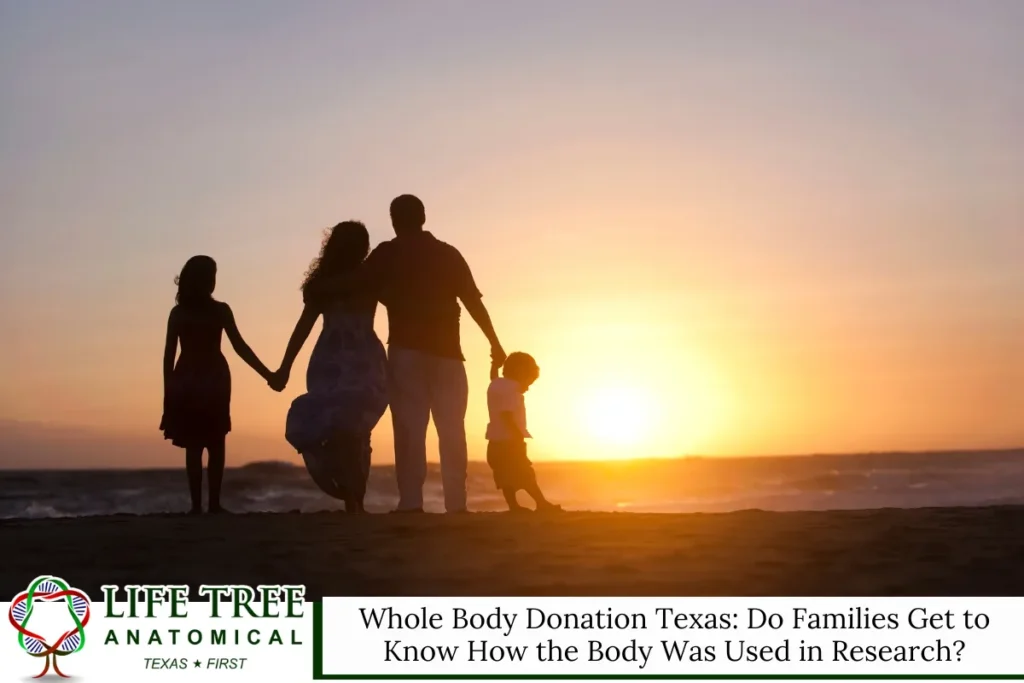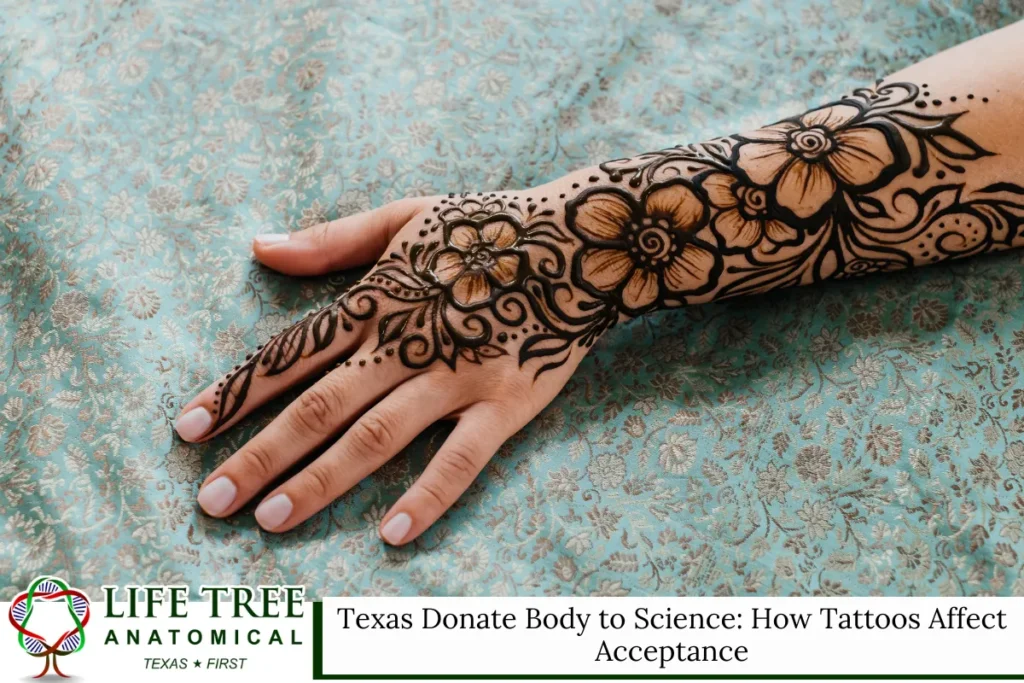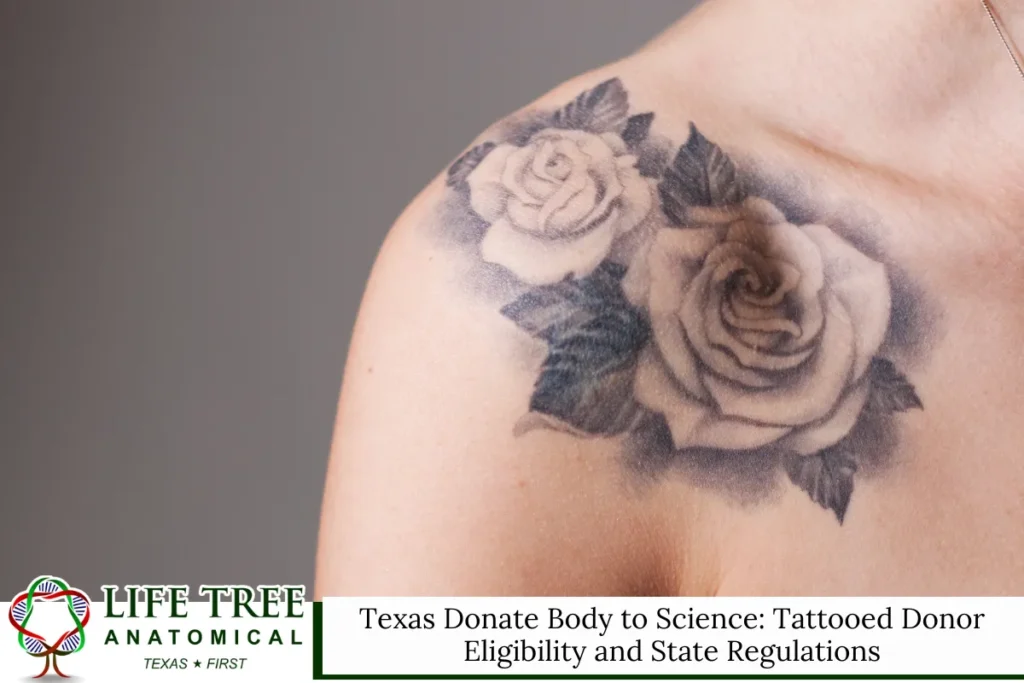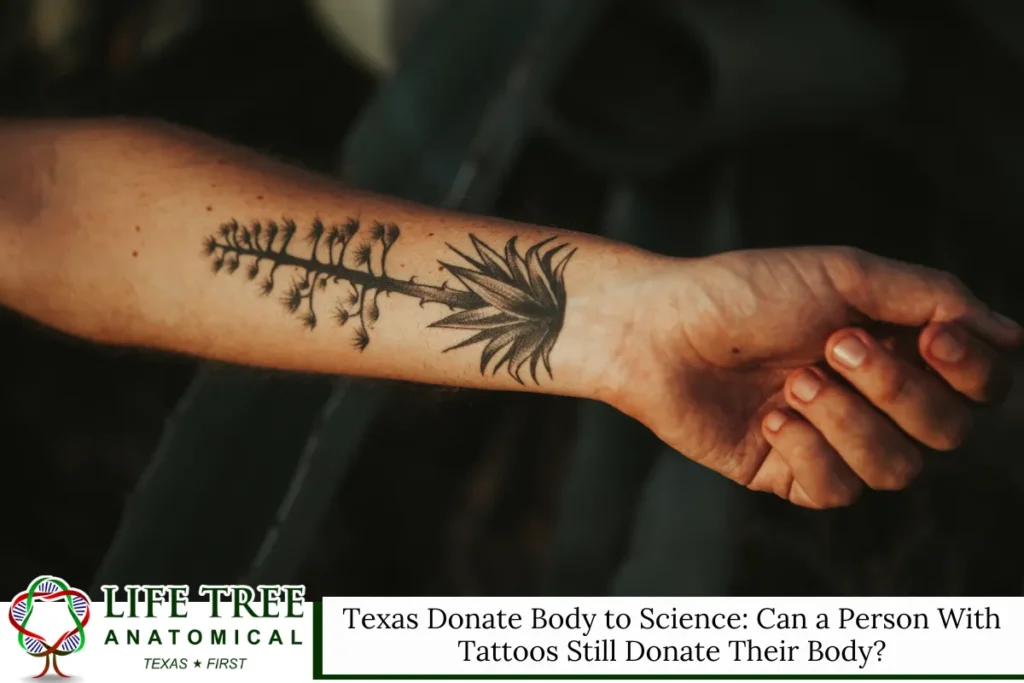Whole body donation is an opportunity to make a lasting contribution to science and medicine. In Texas, many people are increasingly interested in donating their bodies to medical schools to help future doctors, researchers, and healthcare professionals. By choosing to donate your body, you become an integral part of medical education and advancement, ensuring that your legacy continues to make a lasting impact. But can you donate your body directly to a medical school in Texas? This article provides a comprehensive overview of the process, the legalities, and what to expect.
What Is Whole Body Donation?
Whole body donation refers to the act of voluntarily donating one’s body to science, typically for medical research and education. It is an altruistic gesture that plays a significant role in training medical professionals and advancing health sciences. Unlike organ donation, which involves giving specific organs for transplantation, whole body donation is intended to help doctors and students learn about human anatomy, practice surgical techniques, and engage in groundbreaking medical research.
When someone chooses to donate their body, the donation is typically used for educational purposes. Medical schools, research institutions, and hospitals rely on whole body donations to ensure their students receive proper hands-on training. This donation helps them understand the complexities of human anatomy and improve their skills in a real-world context.
The Legal Framework for Body Donation in Texas
In Texas, the laws governing whole body donation are clear and well-defined. The Revised Uniform Anatomical Gift Act (RUAGA), outlined under the Texas Health and Safety Code, is the legal framework that ensures body donations are handled properly. According to this act, any person over the age of 18 can legally donate their body to science by completing the necessary paperwork and obtaining the required consent. This includes a signed statement of intent, usually provided through a formal agreement with a body donation program or medical institution.
A crucial aspect of the process is that the donation must be made voluntarily and with the full consent of the donor. The donor may choose to specify the educational institution or research facility to which they wish to make a contribution. It’s also crucial that the donor’s family is informed of the donation to ensure that they are aware of and respect the decision.
Additionally, the act ensures that the donation process is conducted with dignity and that the donor’s wishes are respected throughout the process. After the body is used for medical research or education, it is typically cremated, and the ashes are returned to the family unless otherwise specified.
Can You Donate Your Body Directly to a Medical School in Texas?
How Donation Works with Medical Schools in Texas
Yes, you can donate your body directly to a medical school in Texas. Many universities and medical institutions have their own body donation programs, which are integral to the training of medical students. These programs offer a direct path for donors to contribute their bodies to the next generation of healthcare professionals. Medical schools use donated bodies in their anatomy courses, surgical training, and clinical research.
However, there are some important aspects to consider when donating to a medical school:
- Pre-registration is typically required; most medical schools require potential donors to register in advance of their death. This ensures that the body can be accepted and used according to the school’s policies and timeline.
- Eligibility criteria: Each school may have specific guidelines regarding who is eligible to donate. Some schools may have age limits, while others may exclude donors who have certain medical conditions. Generally, healthy individuals of all ages are encouraged to donate, though certain medical factors may prevent a donation from being accepted.
- Timeframe: Medical schools require the body to be received promptly after death, usually within 24 to 72 hours. This means that the donation process needs to be well-organized in advance to ensure everything proceeds smoothly.
It’s important to contact the medical school directly and confirm the details of their donation process before making any decisions. By registering early, you can ensure that your donation will be accepted and used in accordance with your wishes.
What Happens After You Donate Your Body?
Once a medical school in Texas accepts your body, it is used for various educational purposes. Typically, the body will be used in:
- Anatomy Education: Medical students rely on whole bodies to study the structures of the human body in a detailed and hands-on way. Understanding anatomy is a crucial part of becoming a doctor, and donations help make this education possible.
- Surgical Practice: Surgeons-in-training need to practice procedures on human bodies to hone their skills. Body donations provide a realistic environment for students to practice their techniques before they perform surgeries on real patients.
- Medical Research: In some cases, donated bodies are used to study diseases, treatments, and other aspects of healthcare research. This research contributes to advancing scientific knowledge and may lead to discoveries in medicine.
After the body has served its educational and research purposes, it is typically cremated, and the remains are either returned to the family or handled according to the donor’s wishes. Most institutions offer a respectful and dignified process throughout, ensuring that the donor’s contribution is treated with care.
Eligibility Criteria for Whole Body Donation in Texas
While many people in Texas are eligible to donate their bodies, specific criteria must be met to be eligible for donation. These criteria vary by medical school or donation program, but common exclusions include:
- Severe trauma or decomposition: If the body is not in a condition suitable for study, it may not be accepted.
- Certain medical conditions: Some diseases or conditions, such as active cancer or infectious diseases, may disqualify a donor from donating.
- Age restrictions: Some programs have age limits, although many medical schools accept donors over a wide range of ages.
- Obesity or malnutrition: Extreme cases of obesity or malnutrition may limit a body’s eligibility for donation.
Each medical institution or body donation program will have specific rules, so it’s important to verify the eligibility requirements with the program you are considering.
The Donation Process: Step-by-Step Guide
If you’re considering whole body donation in Texas, it’s essential to understand the steps involved. Here’s a general guide to the process:
1. Research and Register
Begin by researching various donation programs at medical schools in Texas. Some universities may offer online registration or have dedicated staff who can assist you with the paperwork.
2. Complete the Necessary Documentation
You will need to complete a donor registration form, which typically includes personal details, medical history, and consent for body donation. Some programs may also require notarization.
3. Inform Your Family
Discuss your decision with your family members to ensure they are aware of your intentions and can offer their support. It’s essential that your loved ones are on board with the plan and can help execute your wishes when the time comes.
4. Coordinate with the Medical School
Once registered, ensure you or your family members have the contact information for the medical school. When you pass away, your family should notify the institution promptly to ensure the body is accepted promptly.
5. Post-Donation
After the body is used for educational or research purposes, it is usually cremated, and the remains are returned to the family or scattered according to the donor’s preferences.
Key Considerations Before Committing to Whole Body Donation
While whole body donation is a noble and impactful decision, there are a few important things to consider before committing:
- Communication with family: Ensure your family understands and supports your decision. They may need to assist with logistics or provide necessary information after your death.
- Pre-planning: Registering with a body donation program is essential. It ensures your body will be accepted when the time comes and helps reduce confusion for your loved ones.
- Understand the process: Ensure you are clear on the donation process, including how the body will be used, any potential costs involved, and the procedure for handling the remains after the body is used.
By carefully considering these aspects, you can ensure that your decision to donate your body will be handled in the way you intend, and it will contribute to meaningful progress in medical research and education.
The Impact of Whole Body Donation
Whole body donation is an extraordinary gift that offers a lasting legacy in the field of healthcare. By donating your body, you can help train the next generation of medical professionals, advance research, and contribute to breakthroughs that improve lives. The donation process in Texas is guided by clear legal frameworks, ensuring that your decision is respected and your contribution is honored.
While the decision to donate is deeply personal, understanding the process and options available to you can make it easier. Pre-registering with a donation program and informing your family of your wishes ensures that your intentions are carried out smoothly and efficiently. By making this decision, you contribute to the future of medicine, offering an invaluable gift that can impact countless lives for years to come.
Texas Whole Body Donation – Life Tree Anatomical
For those interested in donating their body to science, Life Tree Anatomical offers a respectful and straightforward donation process. As one of the leading whole-body donation programs in Texas, we provide invaluable support to medical schools and research institutions throughout the state. Our mission is to ensure that each donor’s contribution helps train healthcare professionals, support scientific research, and make a lasting impact in the medical field.
We are committed to offering a compassionate and straightforward process for individuals who wish to donate their bodies. We work directly with donors and their families to ensure that each contribution is treated with respect and dignity. If you are interested in learning more about our program, please get in touch with us at (512) 402-8533. We are here to assist with any questions or concerns you may have regarding the donation process.
FAQs: Texas Whole Body Donation
What is the Whole Body Donation Process in Texas?
The process of donating your entire body to science in Texas involves several clear steps to ensure that your donation is carried out smoothly and in accordance with your wishes. After the time of death, the donor’s family must contact the body donation program promptly. The death certificate must be issued, and the program will request necessary biographical information such as medical history, age, and cause of death. This helps determine whether the body is eligible for donation. Once confirmed, arrangements will be made for the transportation of the body to the designated institution. Some medical schools or institutions may cover transportation costs and funeral home expenses; however, it’s essential to confirm with the program beforehand. The donor’s medical screening may exclude certain conditions; however, healthy individuals are still encouraged to participate. After being used for medical education or research, donated human remains are cremated, and the ashes are often returned to the family.
Can I Donate My Body Directly to a Medical School in Texas?
Yes, in Texas, you can donate your body directly to a medical school or other research institution. State regulation allows individuals to donate their entire body to these institutions to support medical research, training, and education. However, the donation process typically requires pre-registration, and not all bodies are accepted for donation. Factors such as medical screening and whether the cause of death is compatible with the program’s requirements will influence the eligibility. It’s crucial to contact the medical institution directly and confirm their acceptance criteria. Typically, the body donation process involves the donor completing necessary documentation in advance. Some medical schools may also offer assistance with funeral and transportation arrangements, but it’s always advisable to check with them for specific details. After the donation, the remains are usually cremated, and the ashes returned to the family if requested.
What are the Disadvantages of Whole Body Donation?
While whole-body donation is a selfless and meaningful contribution, several disadvantages to body donation should be carefully considered before making the decision. First, the donor may not have control over the type of research or education their body will be used for, as it depends on the institution’s needs at the time. This can include anatomical donation for surgical training, disease research, or educational purposes. Additionally, the donor’s family may experience some emotional challenges, as the body after death is treated differently than in a traditional funeral. The process may also cause delays in the final arrangements, as the body must be sent to the medical institution. There may also be costs associated with transportation if not covered by the program. Lastly, some individuals may find that their bodies are not accepted if they do not meet the medical or physical criteria, such as those indicated on death certificates, which may reveal certain health conditions or circumstances.
How Does the Body Donation Process Work in Texas?
In Texas, the body donation process works through established programs that facilitate donations to medical schools or research institutions. The first step is usually registering in advance with a program that handles whole body donation. This involves completing a registration form, providing biographical information, and having your intentions documented in a legally binding manner. After the time of death, the family should notify the donation program as soon as possible, as the body typically needs to be transferred within 24-72 hours. The death certificate and relevant medical documentation are submitted for review, and medical screening ensures the body is eligible for donation. If accepted, the program arranges transportation costs and the transfer of the body. Once the body has been used for educational or research purposes, it is cremated, and the ashes are returned to the family according to their wishes. This process provides valuable contributions to medical science while honoring the donor’s legacy.
Are There Any Costs Associated with Donating a Body in Texas?
The costs associated with body donation in Texas vary depending on the program, but many institutions offer assistance with transportation costs and funeral home expenses. It’s important to clarify the details when registering for the donation program. Some medical schools and research facilities provide complete coverage for transportation costs from the place of death to their facilities. In contrast, others may require the donor’s family to cover the expense. Additionally, while the program itself does not charge a fee for accepting the donation, families may incur other costs related to the final disposition of the remains, such as cremation fees. The donation program typically covers the cost of cremation; however, families should confirm this with the program beforehand. Donors should also be aware that specific restrictions may apply, and some programs may not accept bodies for donation if the donor has certain medical conditions or complications at the time of death.
Read more: What Happens to Personal Records After You Donate Body to Science in Texas?

